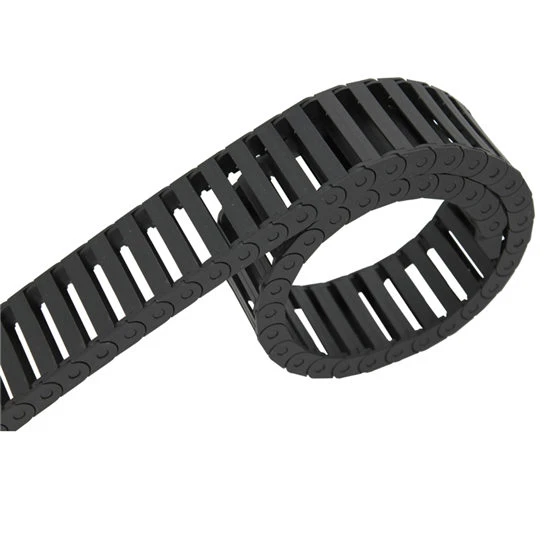what is a chip conveyor
What is a Chip Conveyor?
A chip conveyor is an essential component in various manufacturing processes, particularly in machining operations such as milling, drilling, or turning. Its primary function is to transport and remove metal chips, shavings, and other debris generated during machining. This is critical for maintaining a clean workspace, promoting efficiency, and ensuring the longevity of machinery.
What is a Chip Conveyor?
Chip conveyors come in various designs and configurations, including hinged belt conveyors, scraper conveyors, and magnetic conveyors, each tailored to handle specific types of materials and environments. Hinged belt conveyors, for example, are popular for their robustness and ability to transport heavy chips. They feature interlocking metal plates that form a continuous belt, effectively moving chips away from the machining area. Scraper conveyors, on the other hand, use a series of blades or scrapers to push chips along a trough, making them ideal for small to medium-sized chips that might clog other systems.
what is a chip conveyor

Another option, magnetic conveyors, utilize magnetic forces to elevate and transport ferrous metal chips. This type of conveyor is beneficial in settings where cleanliness and separation of materials are paramount. The choice of conveyor type often depends on factors such as the volume and size of chips produced, the available space for installation, and the specific requirements of the machining process.
In addition to their primary function of chip removal, chip conveyors can also enhance the recycling of scrap materials. Many industrial sectors prioritize sustainability, and efficient chip management is key in converting waste into reusable material. For example, metal chips can often be compacted and sold for recycling, contributing to a circular economy.
Despite their numerous benefits, it is crucial to maintain chip conveyors regularly to ensure their optimal performance. Regular inspections, cleaning, and lubrication can prevent breakdowns and extend their operational lifespan. Furthermore, advancements in technology continue to enhance the efficiency and effectiveness of chip conveyor systems, with options like automated controls and sensors that optimize performance based on real-time conditions.
In conclusion, chip conveyors play a vital role in modern manufacturing by optimizing the removal of waste materials, enhancing workplace safety, and contributing to sustainable practices. As industries evolve, so too will the technologies supporting these essential systems, further driving efficiency and productivity in manufacturing processes.








